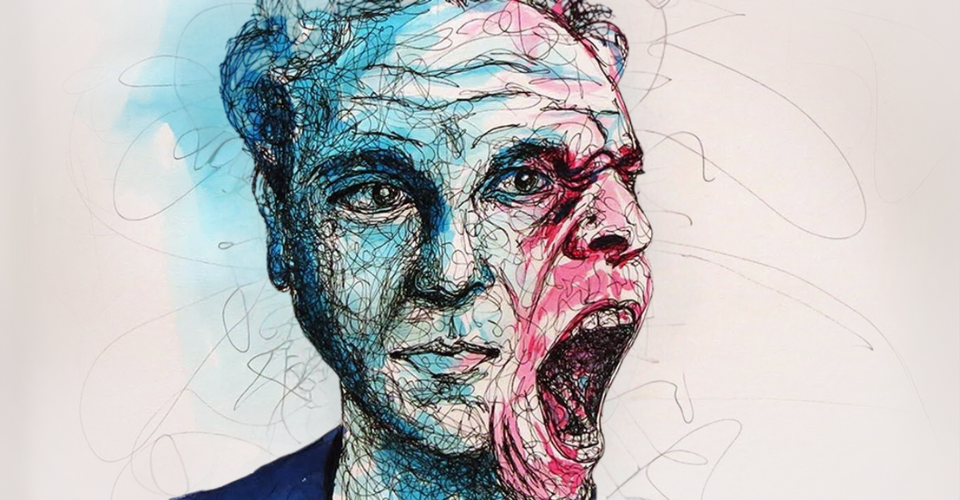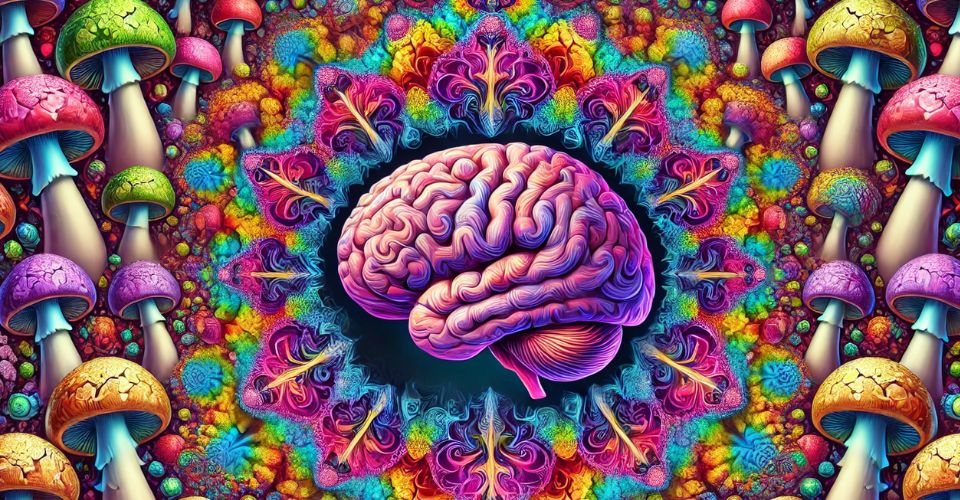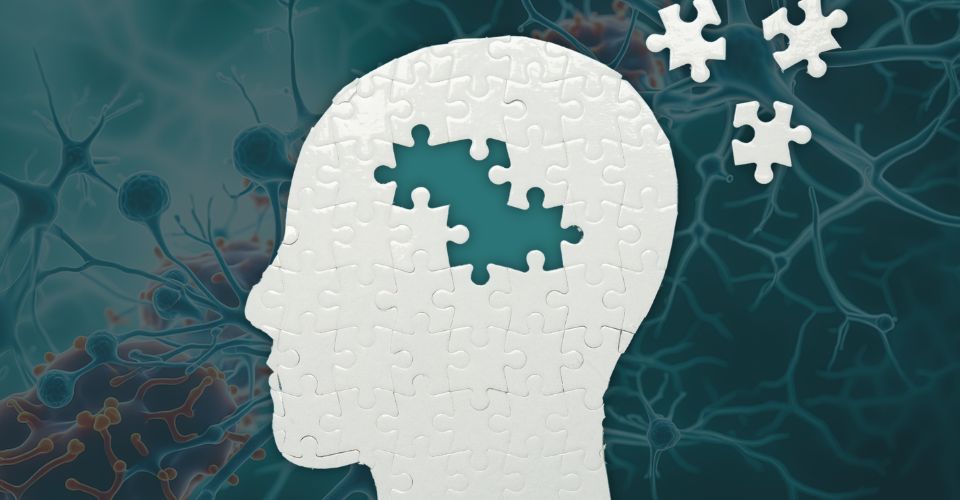In a recent statement that has sparked significant controversy and debate within the mental health community, Mr. Vivek Ramaswamy, a prominent figure in the field of holistic healing, has claimed that ‘faith-based approaches’ can be considered as alternative mental health treatment. His assertion has ignited discussions surrounding the integration of spirituality and mental health treatment.
During a public lecture addressing mental health and wellness, Mr. Ramaswamy, a well-known advocate for holistic health practices, made headlines by stating that ‘faith-based approaches’ are more effective than medication in addressing mental health challenges.
He argued that a combination of spirituality, meditation, and prayer can lead to better outcomes for individuals struggling with mental disorders.
Ramaswamy’s statement has been met with a mix of support and skepticism. Mental health experts and professionals have expressed concerns about the potential consequences of advocating faith-based approaches over evidence-based treatments, such as psychotherapy and medication.
Critics argue that promoting spirituality as a sole solution could deter individuals from seeking conventional medical help.
The debate surrounding the integration of spirituality in mental health treatment is not new. Many individuals find solace and support in their faith communities, and some studies have suggested that spiritual practices can have positive effects on mental health. However, mental health professionals emphasize that these practices should complement, rather than replace, evidence-based treatments.
Ramaswamy’s Advocacy on Alternative Mental Health Treatments
Ramaswamy is known for his holistic approach to health and wellness, which includes advocating for alternative treatments and emphasizing the mind-body-spirit connection. He asserts that mental health should not be solely approached from a medical perspective but should also incorporate spiritual well-being.
Mental health experts emphasize the importance of evidence-based treatments, which have undergone rigorous scientific testing and research to demonstrate their effectiveness. Medication and psychotherapy, when administered by trained professionals, have been proven to help individuals manage and recover from mental health conditions.
The intersection of faith and mental health is complex and deeply personal. For some individuals, faith-based practices can be a source of strength, comfort, and resilience. It is essential to respect each person’s unique approach to mental health and well-being while also providing access to evidence-based treatments for those who may require them.
In the wake of Ramaswamy’s controversial statement, public reactions have been mixed. Some individuals have shared their positive experiences with faith-based approaches, highlighting the role of spirituality in their mental health journeys. Others argue that such statements could deter individuals from seeking professional help and adhering to medically prescribed treatments.
To gain further insight into this debate, we spoke with Dr. Sarah Wilson, a clinical psychologist specializing in mental health.
Dr. Wilson stated, “While spirituality can undoubtedly play a significant role in individuals’ lives, mental health treatment must be tailored to each person’s unique needs. For some, faith-based approaches may be beneficial as part of a holistic treatment plan, but they should not replace evidence-based interventions when necessary.”
The controversy ignited by Mr. Ramaswamy’s assertion highlights the ongoing debate surrounding faith-based approaches in mental health treatment. While spirituality can be a valuable aspect of well-being, mental health professionals and experts stress the importance of evidence-based treatments as the primary foundation of care.
As the discussion continues, it is essential for individuals grappling with mental health challenges to seek guidance from qualified professionals who can provide a comprehensive and personalized approach to their well-being.
The debate serves as a reminder that mental health is a complex and multifaceted field, and the most effective treatments are those tailored to the individual’s specific needs and preferences.




























